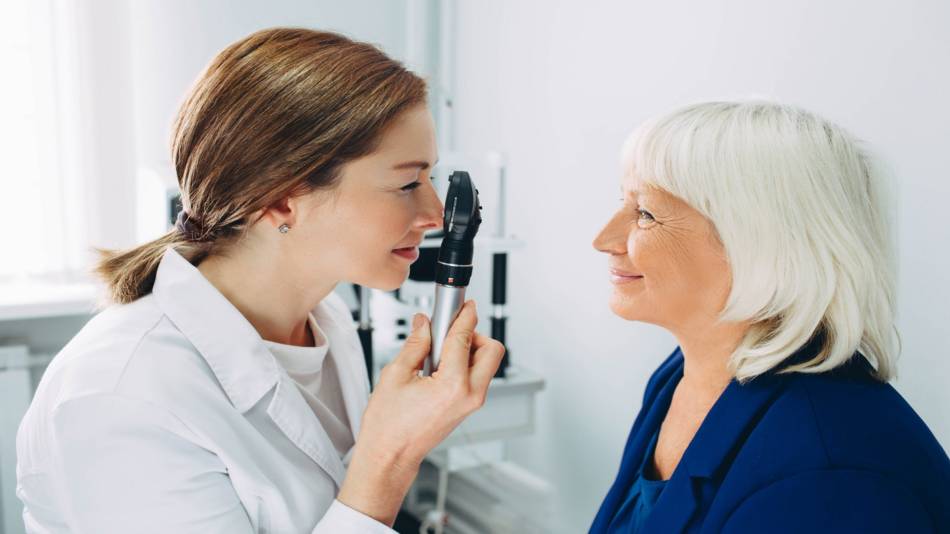
Answer:
As discussed in the Vision Supplements Review, lutein, zeaxanthin and zinc supplements may help to slow the progression of age-related macular degeneration, but won't improve the condition. People with age-related macular degeneration who have low blood levels of lutein may be more likely to benefit from lutein supplements. There is also evidence that lutein and zeaxanthin may only help in people with low macular pigment density.
Two of the largest studies on supplements for eye health, known as the Age-Related Eye Disease Study (AREDS and AREDS 2), have helped narrow in on the best combination of ingredients for AMD. ConsumerLab.com has found that many supplements promoted as "vision formulas" do not necessarily contain the right formula. However, we've identified one product that most closely resembles this formula, as well as several others which may be helpful.
Higher intakes of calcium from foods have been associated with a decreased risk of developing age-related macular degeneration, but there is mixed evidence as to whether getting calcium from supplements decreases or increases the risk.
Interestingly, while it has been shown that people with higher intakes of the omega-3 fatty acids EPA and DHA from their diet (i.e. from one or more servings of fish per week) are 42% less likely to develop age-related macular degeneration compared to those who eat less than one serving of fish per month, adding EPA and DHA from fish oil to the AREDS formulation did not provide additional benefit. (For more about the benefits of eating fish vs. taking fish oil supplements, and our tests of products, see the Canned Tuna and Salmon Review). In addition to fish, another food associated with reduced risk of AMD is oranges.
Cocoa extract supplementation does not appear to significantly prevent or slow the progression of AMD, based on results form a large, long-term study.
For more information about the evidence, dosage, tips for choosing and using supplements for age-related macular degeneration — as well as our tests and reviews of popular products, see the Vision Supplements Review >>
Join today to unlock all member benefits including full access to all CL Answers and over 1,400 reviews.
Join NowAlready a member? Sign In Here.
Join now at www.consumerlab.com/join/


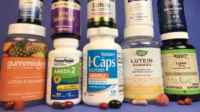
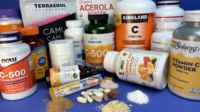
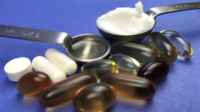
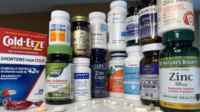
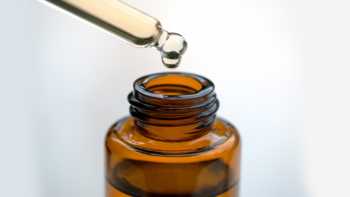
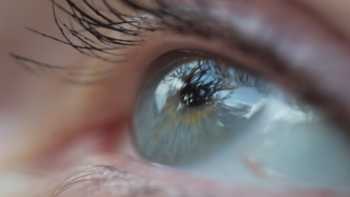








Joyce6246
February 26, 2017So glad to see additional information on AMD treatment. I was diagnosed in 10-2014. Fortunately, I noticed sight symptoms needing professional study/review and within three days received AREDS 2 supplements and the proper injections which has stabilized both a wet eye and a dry eye. I just wish I had been educated by my optometrist two years earlier to have a scan for what he thought needed further study. The medical community really does not educate us to recognize why the Amsler Graph is important (the Bausch & Lomb AREDS ads on TV just reference this graph without any mention of why it is important to use it). I should have been educated as early as 15 years earlier as I was 74 when diagnosed. Eyes are our windows to the world and should be sacred to patient education. The CL information you provide to us in all aspects of research/education is boundless to everyone and I thank all of the CL staff for everything they do to educate us.
onpointe41
May 11, 2024Same thing happened to me. After i left my eye doctor of many years he sent me a letter saying that I needed to see an eye doctor because I had suspicion of glaucoma and AMD.
onpointe41
May 11, 2024I had the same experience.
Reply to this post…
Charles6239
February 25, 2016Whenever I see a commercial or statement about AREDS and Macular Degeneration treatments or supplements I have to cringe. The reason for this is that these treatments all claim to be beneficial for Macular Degeneration without any further clarification.
There are TWO types of Macular Degeneration, WET or DRY. (The most common type is DRY)
The WET type is a result of blood vessel overgrowth behind the retina in the back of the eye, these blood vessels are fragile and can leak fluid and blood that blocks the vision in the central part of the person's vision.
The DRY type is due to deposits of Drusen which are like fatty deposits similar to cholesterol behind the retina.
The AREDS or AREDS 2 supplements MAY be beneficial for the DRY type of Macular Degeneration, but as a person that has 1st hand experience with the WET type of Macular Degeneration, I am skeptical that the ingredients in EITHER AREDS or AREDS2 might be counter indicated.
The reason is that some of the ingredients in the AREDS or AREDS2 formulas may have a detrimental effect on bleeding or clotting ability, and if you have the WET type of AMD this does not seem make sense to take something that could increase bleeding.
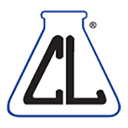 ConsumerLab.com
ConsumerLab.com
March 04, 2016Hi Charles - You raise some good questions. However, the AREDS study found that the formula can slow the progression of disease in both types (https://nei.nih.gov/health/maculardegen/armd_facts). Regarding your concern about ingredients which could increase bleeding, the only ingredient with that potential effect is vitamin E and you are correct that the amount in the AREDS formula (400 IU) is a high dose (adults only need 33 IU (or 22 IU if in the natural form), but the level above which there is risk of bleeding (as discussed in the "How Much is Too Much?" section of our Vitamin E Supplements Review https://www.consumerlab.com/reviews/vitamin-e-supplements-cream-oil-tocopherol/vitamine/#toomuch) is almost 3 times the amount in the AREDS formula.
Charles6243
March 06, 2016Hello and thank you for your response to my initial comment.
I think I need to expand on my original post so that my comment about WET Macular Degeneration and the AREDS 1 and 2 may be clearer.
First off, I think we can all agree that most people that develop AMD are older people.
So now that the stage is set, let's expand on what many older people do to try and keep healthy, much of this is dictated by their doctors and some is done on their own.
Doctors recommend that seniors take a multivitamin every day ( Vitamin E 50 IU) is usually included in the multivitamin.
They also recommend taking a aspirin daily (min 81mg or more) for senior health.
They also recommend that seniors take fish oil caps for their health (1x, 2x or 3x strength), doctors do not usually say what strength to take, but in a person's mind if 1x strength is good, then 2x or 3x must be better- right??
The cumulative effect of these "healthy" combinations may well be detrimental in allowing bleeding behind the retina for a person with WET AMD.
This doesn't include anything else that seniors may be taking on their own that they believe will help them in old age or in some cases their doctor has prescribed that can affect bleeding.
 ConsumerLab.com
ConsumerLab.com
March 08, 2016Hi Charles - Thank you for your additional information. As noted in our Fish Oil Review, there is a bleeding risk when consuming high amounts of omega-3's from fish oil - although this level is higher than in the AREDS2 formula. Nevertheless, you raise a good point that people need to keep in mind the cumulative effects of all these therapies, and people with conditions or on medications which increase the risk of bleeding should consult with their physician about their use of supplements (see the "Concerns and Cautions" section for more about this: https://www.consumerlab.com/reviews/fish-oil-supplements-review/omega3/#cautions).
Rebecca6240
December 08, 2019Perhaps the relationship isn't with the Omega 3 fats in the fish, but with the Vitamin D. If they're only looking at/for the Omega 3s, that's all the researchers will see.
 ConsumerLab.com
ConsumerLab.com
December 08, 2019It is possible, but fish oils naturally contain vitamin D, so those who received fish oil in the AREDS2 study were likely getting vitamin D from it as well -- although how much was not published in the study.
Reply to this post…